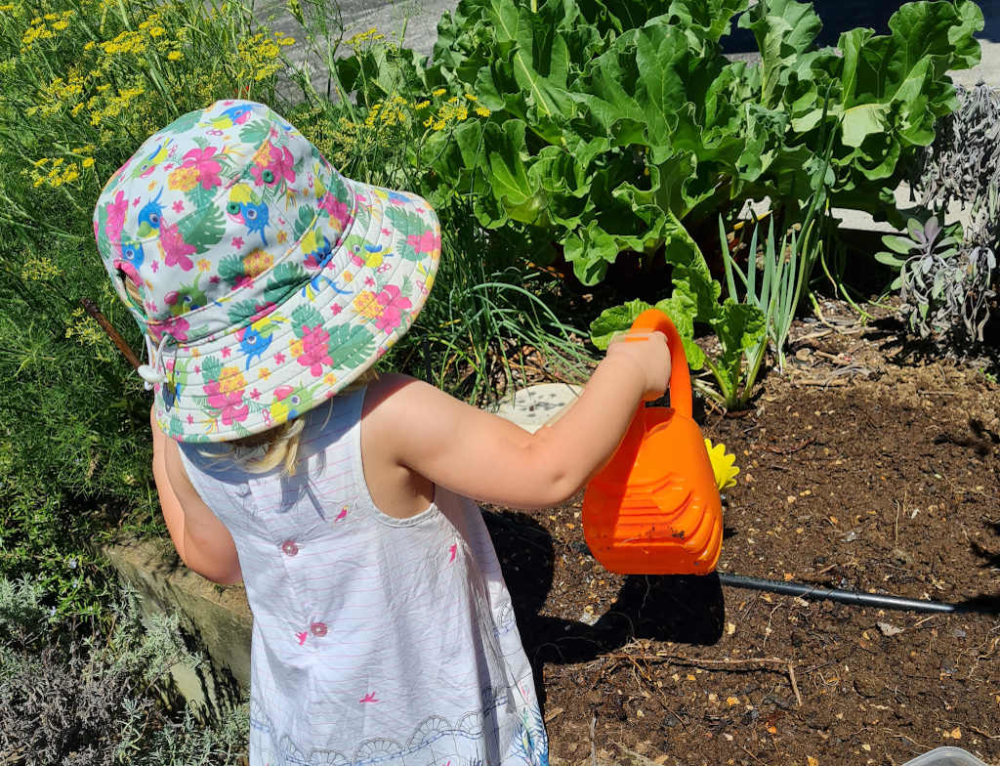The Academy Award-winning movie The King’s Speech thrust the issue of speech and language problems into the spotlight. And many parents would know of, or even have, kids who’ve seemed to have a speech or language disorder.
But how do you know when your child needs to see a speech pathologist – and what exactly do they do to help?
Speech pathologists assess and treat difficulties in:
- speech (pronunciation)
- language (understanding and using words and sentences)
- stuttering
- literacy (reading and writing)
- social skills
- listening and auditory processing
- voice
- swallowing
Warning signs of speech or language problems
Adelaide speech pathologist Liberty Gates says most parents will instinctively know if their child has speech or language problems. “They may notice that their child is falling behind the others in playgroup, or having trouble communicating and understanding. These are usually reliable signs that a child could have a speech or language disorder,” she says.
Liberty has a checklist to help parents work out if their child needs to see a speech pathologist. She says you should refer any child if:
- you or other people are having difficulty understanding your child
- people think your child is younger than they are because of the way he speaks
- your child is being teased or showing frustration because of the way he talks
- your child is using fewer words than other children his age
- your child stutters
- your child’s interactions or play seems unusual or inappropriate
- your child is struggling with reading or writing
- there is a diagnosis that could affect speech or language such as hearing loss, auditory processing disorder, autism spectrum disorder or developmental delay
With little children, it can be hard to judge. All children develop at different rates and, for some, moving from babbling to full, well pronounced and grammatically correct sentences is a slow and challenging process that takes time
“What you want to see is your child’s speech constantly improving, and by around the age of three most people should be able to understand a lot of what they say – and the child should be able to understand other people,” Liberty says.
How your child’s speech and language develops
Here’s a rough guide to how a child’s speech and language skills should be developing:
18 months old
- Can say ‘no’
- Uses 10 or more words
- Understands the names of familiar objects (e.g. ‘doggy’, ‘ball’, ‘bed’, ‘car’)
- Answers the question “what’s this?”
- Understands simple commands
Two years old
- Can use a large variety of consonants
- Points to some body parts when named
- Uses two-word combinations (e.g. “more biscuit”, “Daddy gone”)
- Enjoys listening to stories
- Can name some pictures in stories
- Has a vocabulary of at least 50 words
- Can sing simple songs or nursery rhymes
Three years old
- Correctly produces the sounds made by the letters p, b, m, w, t, d, n, g, h, y
- Pronounces the final consonant in a word
- Is able to follow a two-part instruction (e.g. “Go to the kitchen and get your juice”)
- Can participate in short conversations
- Puts three or more words together in a sentence
- Asks “why?”
- Can talk about something that happened yesterday or last week
- Is using basic grammar
Four years old
- Talks in whole sentences
- Uses adult-like grammar
- Asks a lot of questions
- Answers “who”, “how”, “how many” questions
- Tells stories you can easily follow
- Uses language to create imaginative pretend play with others
Five years old
- Explains how an object can be used
- Answers ‘when’ and ‘why’ questions
- Uses language to talk about past and future events
- Participates in detailed conversations
- Has little trouble thinking of what to say
- Is not having too many difficulties learning to read
If your child develops a stutter at any age, early intervention by a speech pathologist is not only highly recommended but has very good results in helping him overcome the problem.
If school aged children show signs of getting frustrated because they’re having trouble understanding or communicating or avoiding talking, it might pay to get a speech pathologist assessment.
Why speech pathology is important
A communication disorder can have a widespread impact on a child’s life that lasts through adulthood. “It can make it hard to communicate in class, affect their academic performance and be socially isolating, even if it’s only a mild disorder,” says Liberty.
Speech Pathology Australia has this example,: “… not being able to say ‘s’, ‘th’ or ‘r’ may be a mild problem for a young boy. However, for a 26-year-old man who wants to become an air traffic controller, these speech errors could make the difference between achieving his goal or failing.
“He may also experience problems in his social life when mixing and talking with others. In short, the way he speaks can make his life very difficult.”
This article was written by Fiona Baker for Kidspot, New Zealand’s best family health resource. Sources include Liberty Gates of Liberty Speech Pathology and Speech Pathology Australia.







Leave A Comment
You must be logged in to post a comment.